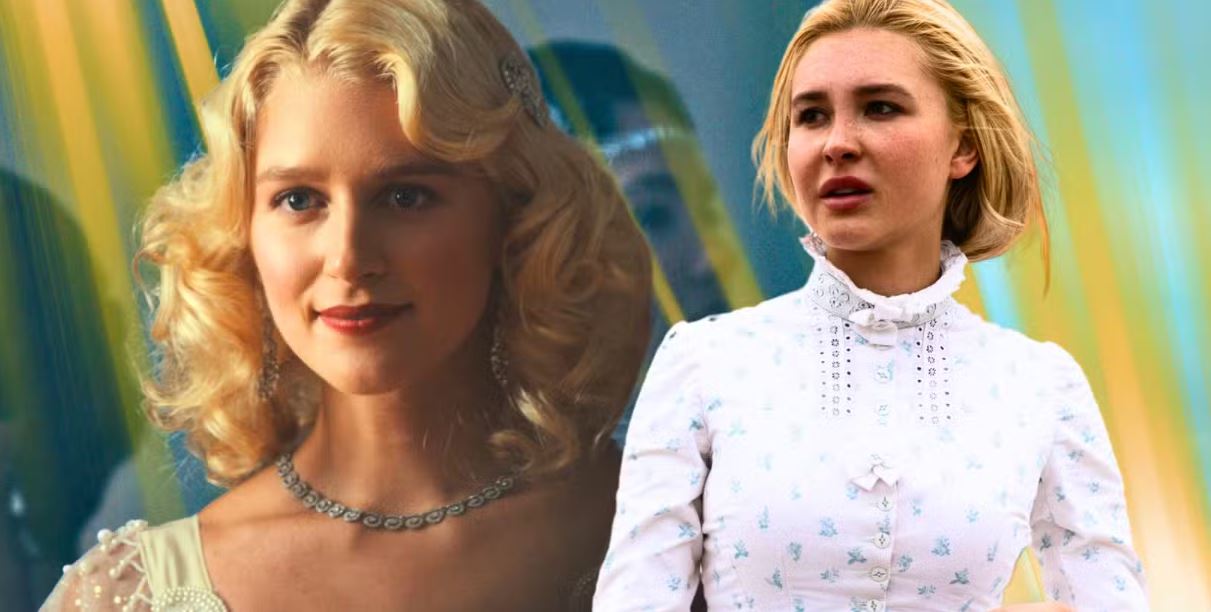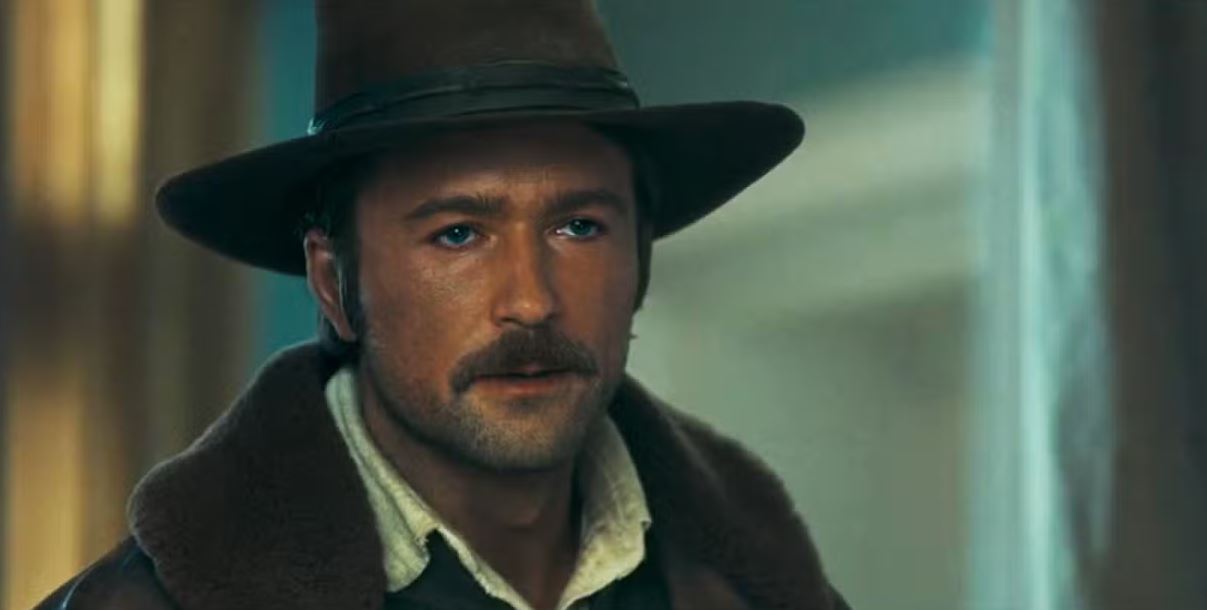Jacob Dutton referred to Alex as “If a shooting star could talk” in the 1923 finale, and it increases her character’s similarities with Elsa. Elsa Dutton is one of the lead characters from 1883, the previous Yellowstone spinoff that shows the family’s perilous journey to Montana. Following her role in the frontiersman drama, she’s become a critical character throughout the franchise, serving as the narrator in both 1923 and Yellowstone’s ending. Despite not being blood-related, she and Alex had a lot in common.
Julia Schlaepfer played Alexandra in 1923’s cast, and while being in an ensemble with Harrison Ford, Helen Mirren, and Timothy Dalton, she managed to stand out with an outstanding performance. She and Brandon Sklenar had incredible chemistry in the show, and Alex was a major component of some of the show’s most unforgettable and emotional scenes. She may not be a Dutton by blood, but Taylor Sheridan seemed to be illustrating that her strong personality made her a member of the family all the same.

Alex Dutton’s “Shooting Star” Description In 1923 Makes Her Even More Like 1883’s Elsa
Alex & Elsa Are Viewed The Same Way In Their Respective Shows
Jacob Dutton describes Alex to Cara after she passes in the hospital, using the aforementioned words. Jacob is essentially stating that Alex had a vibrant and fearless personality, which sounds a lot like what we knew about Elsa, who craved adventure and love above all else. Funnily enough, Elsa was also described in 1883 as “Lighting with the yellow hair,” marking an apparent similarity even in the way other characters view them. Both women were bright and bold as could be.
Both women were bright and bold as could be.
Tragically, both characters met saddening, premature ends. Elsa Dutton died in 1883’s finale, just as Alex perished in the hospital, finally reaching Montana and giving birth to John Dutton II. It’s worth mentioning Cara, as well, given that Jacob compares her to Alex. The Duttons represent many things, and it’s hard to argue at times whether they’re the heroes or the villains. One thing is clear, however, which is that these women demonstrate the most profound, positive aspects of what it means to be a Dutton.

Will Alex Dutton Narrate Yellowstone’s Next Prequel, 1944?
Alex Would Be Perfect For The Spencer-Focused Prequel
Following 1923, 1944 is intended to be the next Yellowstone prequel. Other spinoffs will likely be released first, but Taylor Sheridan wants to continue filling in the gaps of the Dutton Ranch in the 20th century. With Elsa Dutton narrating 1923, Alex Dutton taking over in 1944 seems like a fantastic choice, especially given that the show would likely revolve around Spencer Dutton raising their son. Currently, there are no casting announcements for this series at all, so only Taylor Sheridan knows.